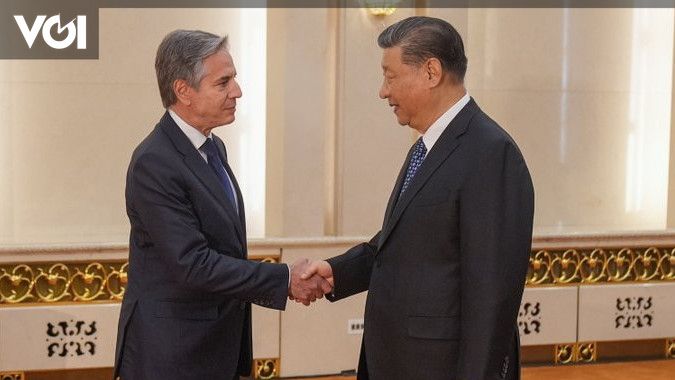US Secretary of State Antony Blinken has clarified that the strict export control measures on advanced computer chips to China are not intended to stifle China’s economic or technological growth. Since 2022, the US government has implemented stringent control over the export of computer chips to China, affecting sales from companies like Nvidia, Advanced Micro Devices (AMD), and Intel. These controls come after a previous ban on chip shipments to Huawei Technologies.
Despite the restrictions, US officials have granted at least two licenses to companies like Intel and Qualcomm to continue selling chips to Huawei. While some Republican Party lawmakers have criticized the exception given to Intel, Blinken emphasized that the US is not aiming to restrict China’s development in general.
During his visit to Beijing, Blinken highlighted that the US is primarily focusing on preventing the sale of sensitive technology that could potentially threaten national security. The licenses granted to Intel and Qualcomm were extended during the Trump administration and have remained in effect under President Biden. However, other companies like AMD and MediaTek did not receive similar exceptions without a clear explanation from either administration as to why.
This move underscores the US government’s carefully targeted approach to limiting certain technology exports to China while still allowing for exceptions in specific areas. The ultimate goal is to safeguard national security interests without unnecessarily hindering broader economic or technological development in China.


:quality(75)/cloudfront-us-east-1.images.arcpublishing.com/elcomercio/SYFZQ7BIFVGNPO7HTYKQEDIW5E.jpg)
